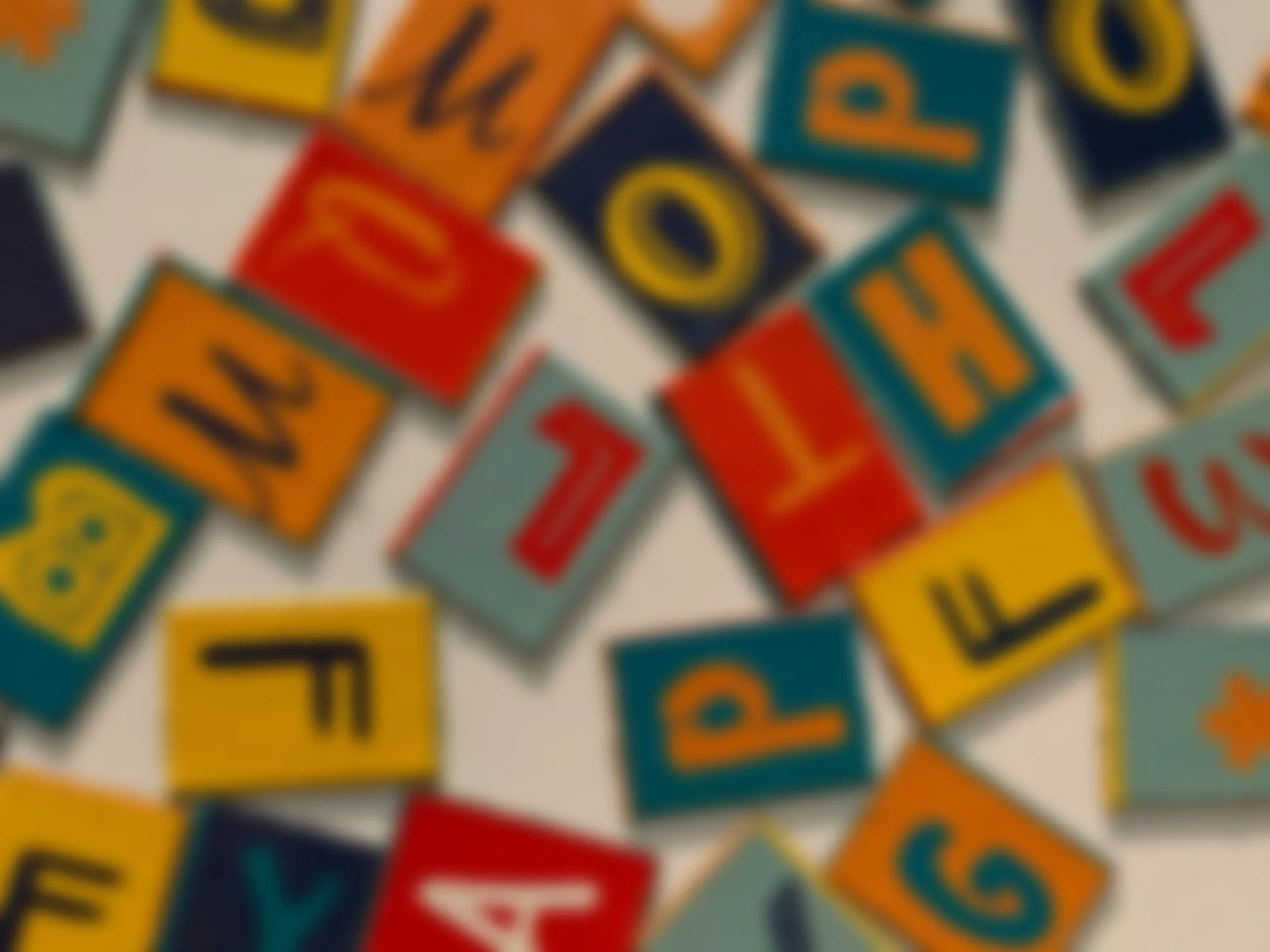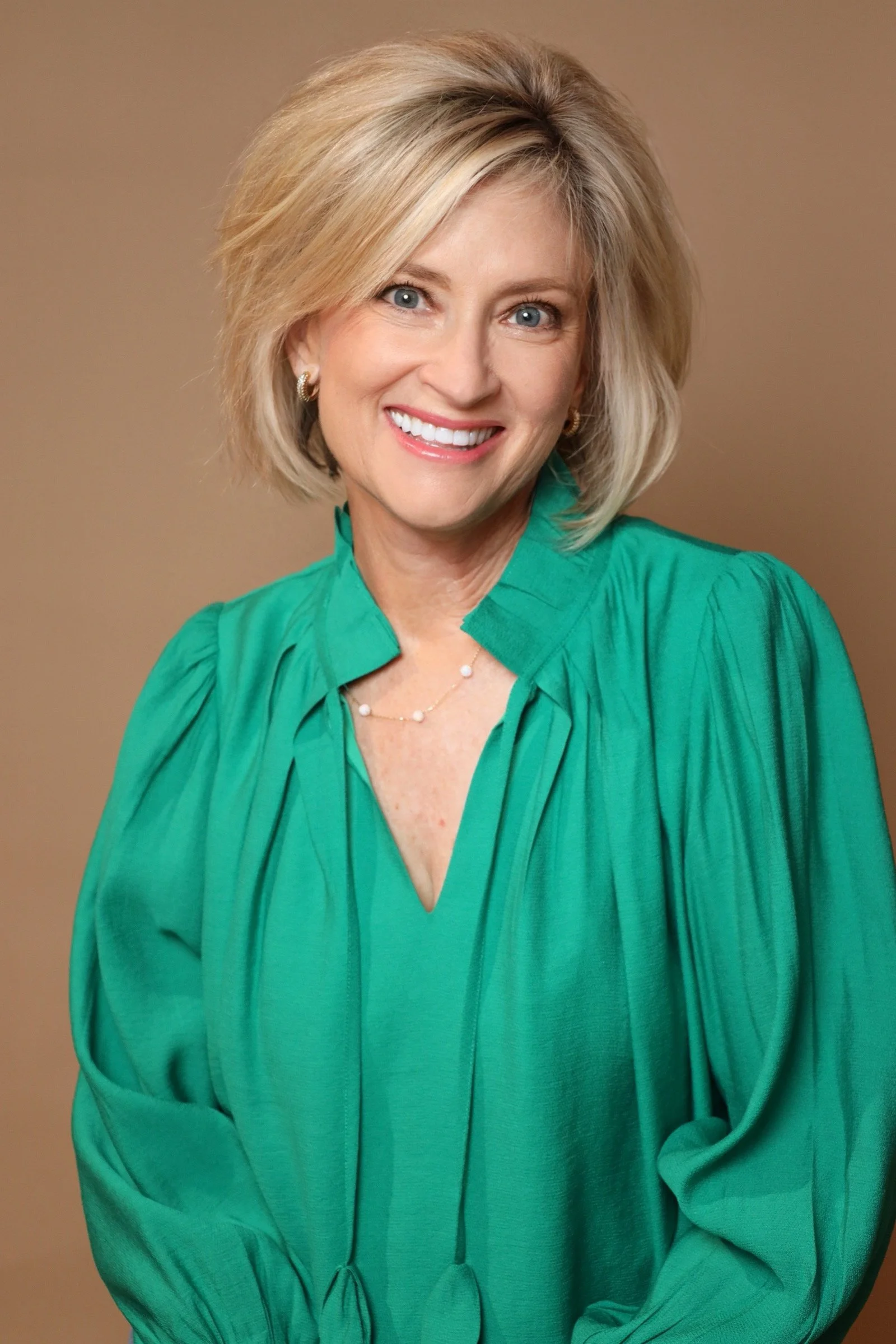
Science Spelling Lab
FOR STUDENTS OF ALL AGES
Research indicates that
"the average 3rd grader knows 10,000 words,” (Nagy & Herman, 1987 in Kublanza, 2015) and "the average 8th grader knows 25,000 words." Children typically learn 2000-3000 words per year (Elleman et al., 2019). How difficult to memorize this many words!
“Don’t Tell Me What To Spell. Teach Me How to Spell”
Teaching students that English spelling follows logical patterns rather than being a collection of random exceptions. Systematic instruction in these patterns, combined with the etymological understanding.
Our Spelling Science approach -
Teaching students to recognize the Anglo-Saxon, Latin, and Greek layers of English - gives them the tools to tackle those thousands of new words with confidence rather than confusion. They become word detectives who can make educated guesses about spelling and meaning based on patterns rather than rote memorization.
Spelling Science
transforms spelling from random memorization into logical investigation. Students become word detectives who can:
Predict how unfamiliar words might be spelled
Understand WHY spellings work the way they do
See connections between related words
Approach new vocabulary with confidence instead of confusion
It's called "science" because you're using evidence, patterns, and systematic thinking to understand how our spelling system actually works - just like a scientist studies any other fascinating, complex system in the world.
Spelling Science
means discovering that spelling isn't just memorizing random letters - it's actually a system with logical patterns and rules that you can learn and understand.
Think of it like being a detective or scientist investigating words. Instead of just accepting that "said" or "have" are "weird" spellings, you dig deeper and discover:
Historical clues: Many spellings preserve how words were pronounced hundreds of years ago (like "said" keeping the /sayd/ pronunciation from Old English)
Pattern recognition: Words from the same language family often follow similar rules (Anglo-Saxon bases, Latin prefixes, Greek roots)
Structural principles: English follows certain rules, like not ending words in 'v' or why we double consonants in certain situations
Meaningful connections: Understanding that "sign" and "signal" are related explains why that 'g' is there - it's not silent, it's connecting to family members
Our Services
In-Person
Every Tuesday from 5:30-6:30pm
@ The APPLE Group
522 Southwest Drive
Jonesboro, AR 72401
Virtual
Every Thursday from 5:30-6:30pm CST
available on Zoom.
870-530-2024
Pricing
$35/hour
(sibling discounts available)
Spelling Science Lab
Spelling Science Lab
Taught by: Denise Snider, C.D.T.
Spelling Science Lab
Teaching students to recognize the Anglo-Saxon, Latin, and Greek layers of English which gives them the tools to tackle those thousands of new words with confidence rather than confusion.
